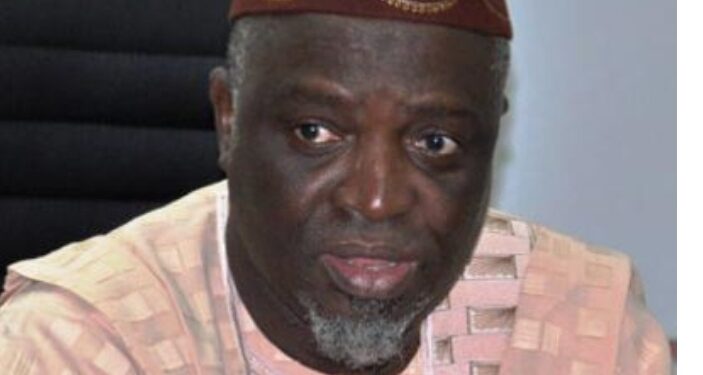In a recent development, Ishaq Oloyede, the registrar of the Joint Admissions and Matriculation Board (JAMB), has issued stern warnings to certain tertiary institutions accused of granting certificates and graduating students who were never officially matriculated.
This revelation surfaced during a comprehensive two-day refresher training for all admission desk officers at the JAMB headquarters in Abuja.
During the refresher training, Oloyede highlighted a significant concern regarding institutions that have allegedly failed to matriculate any students over the past five years.
He emphasized that admitting students into degree programs without proper matriculation is a clear violation of the board’s regulations.
Oloyede expressed his dismay, stating that while these institutions may have initially received approval to operate, they neglected subsequent regulations, operating independently of established guidelines.
Oloyede emphasized that the institutions in question, despite receiving approval, continued to operate without following essential regulations.
This, according to him, is a flagrant disregard for established norms, raising questions about the credibility of their certification processes.
The registrar questioned the legitimacy of institutions that issue certificates and graduate students without proper matriculation.
He warned that such institutions, specifically those that failed to matriculate students in a given year, would be treated as if they hadn’t admitted any students during that period.
Moreover, Oloyede highlighted the potential risks for graduates from these institutions, stating that they would not be eligible for the compulsory National Youth Service Corps (NYSC) scheme.
To address these concerns, Oloyede urged admission desk officers to maintain constant communication with institutions.
He stressed the importance of ensuring that schools adhere to the necessary procedures for matriculation and urged officers to intervene if there were any reasons preventing schools from obtaining matriculation approval.
As JAMB unveils these concerns, it signals the possibility of stricter measures and evaluations for institutions not complying with matriculation regulations.
The board’s commitment to maintaining the integrity of academic processes is evident through these warnings and the emphasis on adherence to established guidelines.









